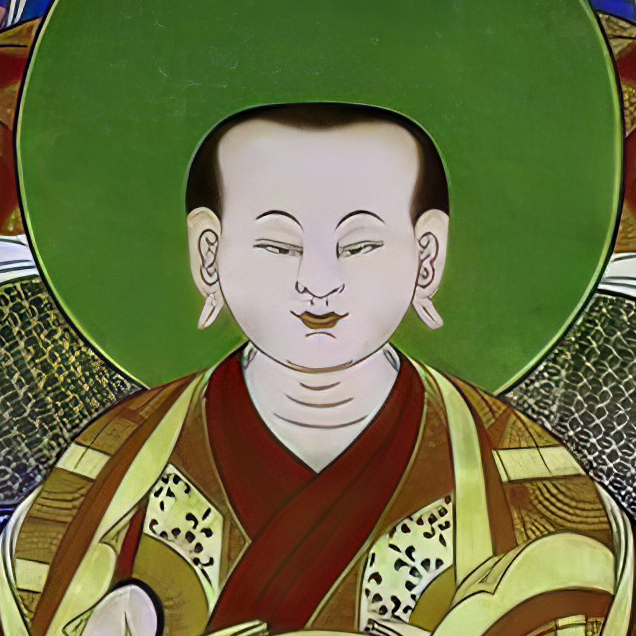Boundless love
To put it simply, boundless love means wishing that all sentient beings have happiness and all the causes of happiness.
In order to practise boundless love we must first know that every sentient being has a profound relationship with us. This goes far beyond the relationship that we have with our mother in this life. The Buddha told us that our lives in samsara are continuous, and in every one of those lives we had a mother. There is not one sentient being that has not been our mother at some stage or another. Next, we must recognise that at some stage every sentient being has shown incomparable kindness towards us. Every single one of our mothers in our past lives loved us dearly, just like our mother in this life. In order to bring us up, they experienced incomparable sacrifice and endured a thousand difficulties and hardships.
Remembering the great kindness of our mother in this life gives rise to immense gratitude towards our mother. Furthermore, it gives rise to the wish to repay our mother’s kindness. Genuinely wish for your mother to enjoy permanent happiness. All our mothers and fathers of the three worlds have paid us the same kindness as our mother in this life. Take this genuine gratitude and love for our mother in this life and extend it to all those people who are close to us, our neighbours and friends. Then reach out to strangers. Encompass those people we dislike or those to whom we find it very difficult to relate. Then cherish our enemies. Finally, extend it to all sentient beings throughout all of space. In practising boundless love avoid the attitude of expecting any type of return or reward. Undertake it out with natural gratitude, like a child wanting to repay his parents. It is our duty.
With this type of aspiration, using body, speech, and mind, treat every sentient being honestly, with genuine love and compassion. Using various skilful means and methods, enthusiastically pursue happiness for sentient beings in this life and in future lives.
This chapter is part of: Introduction Course - Part 2: Bodhichitta
